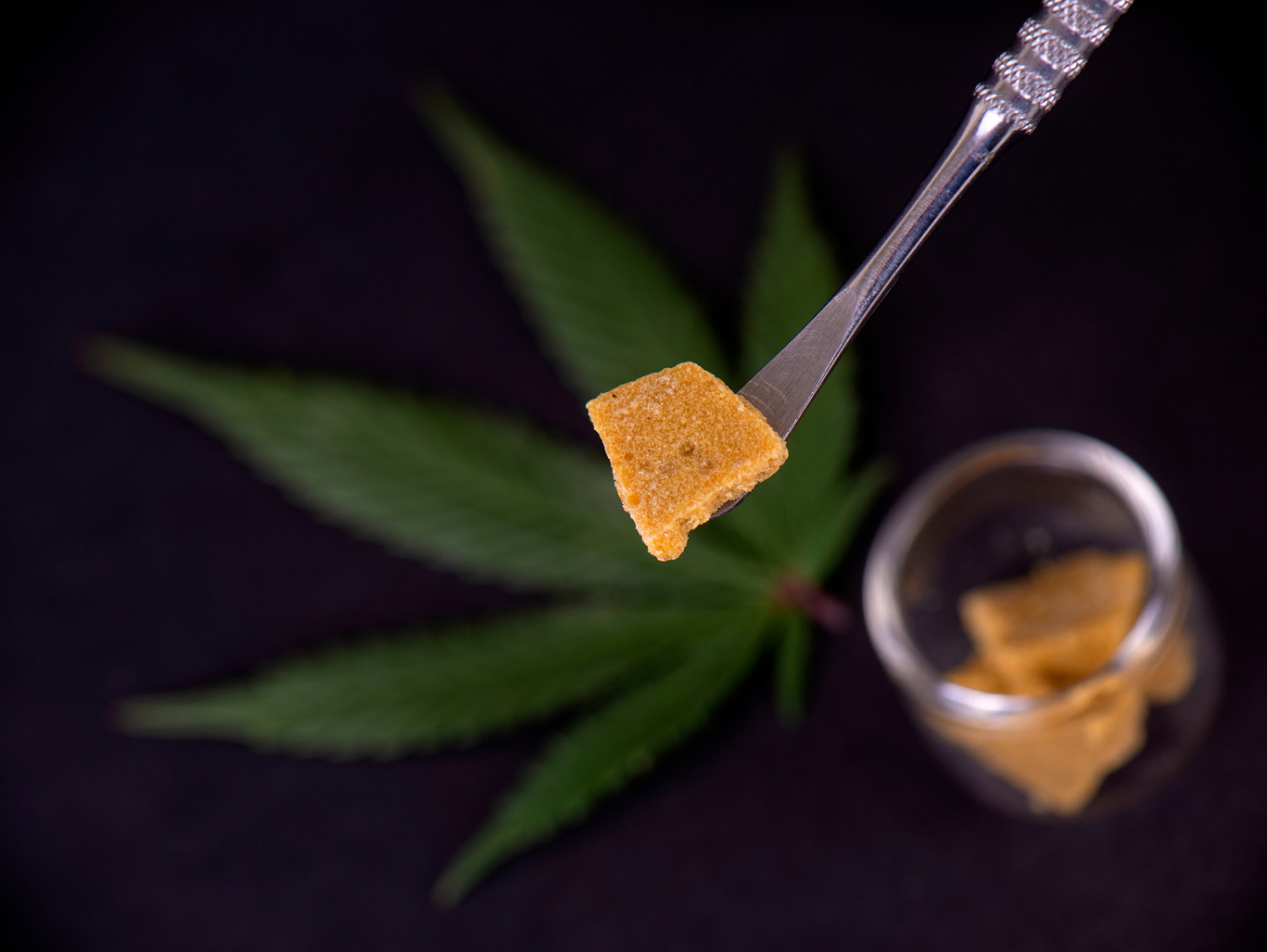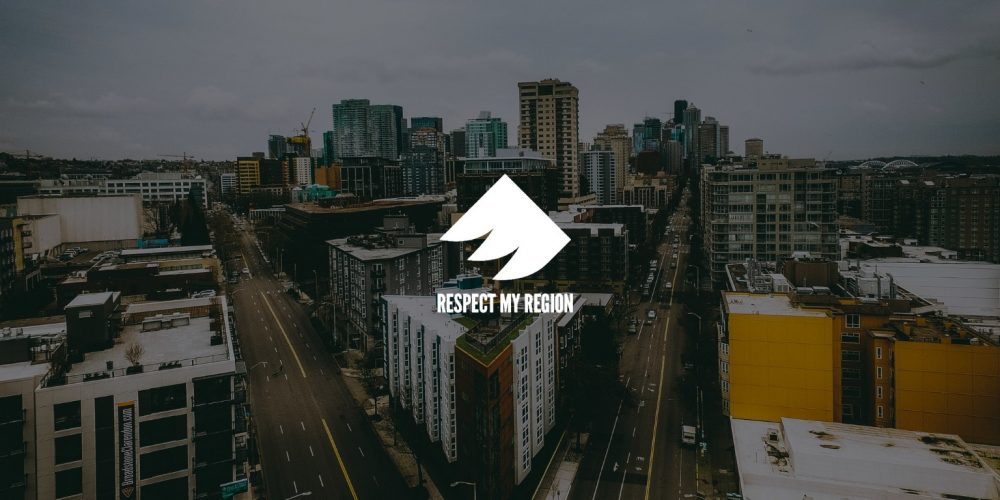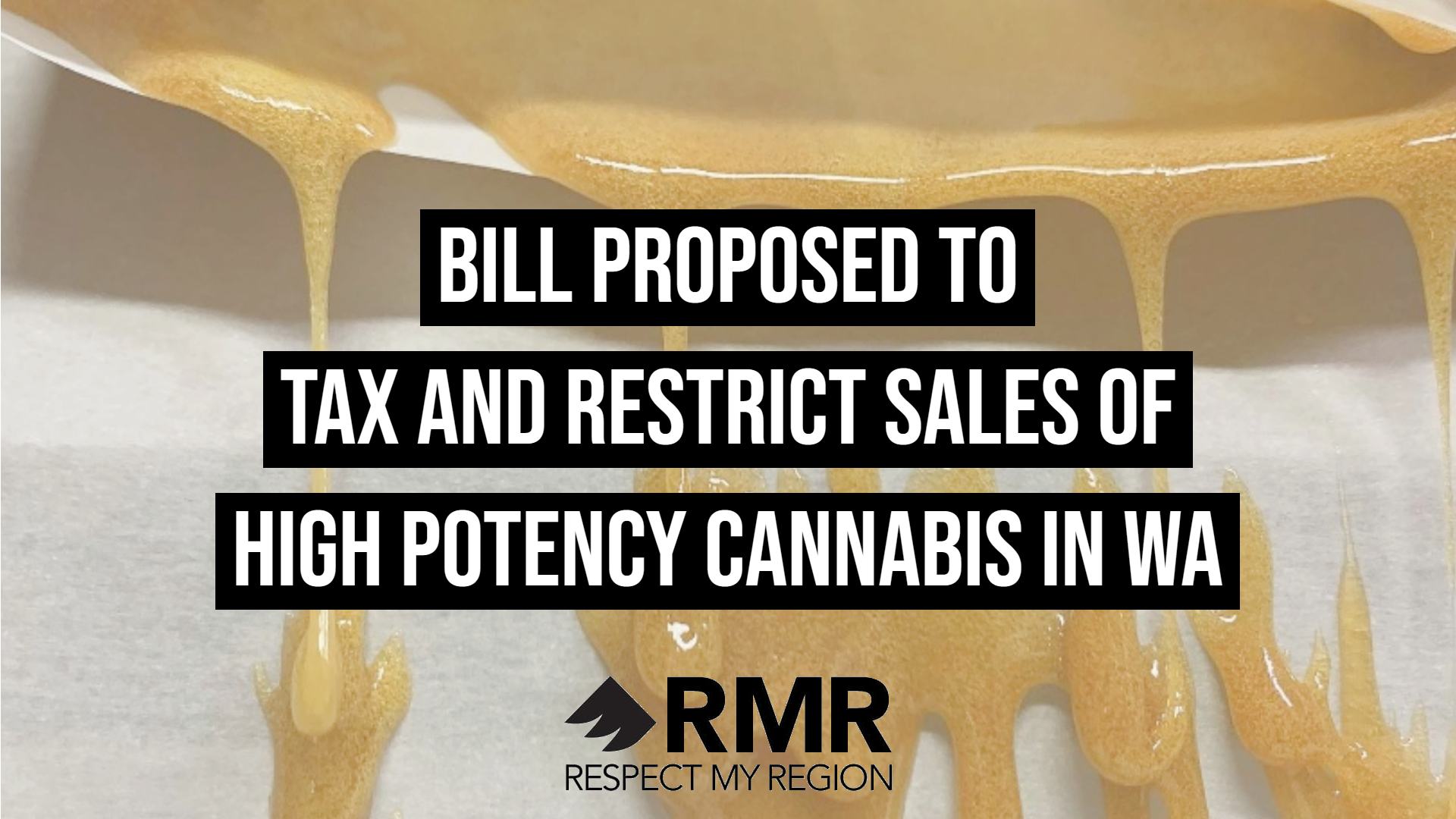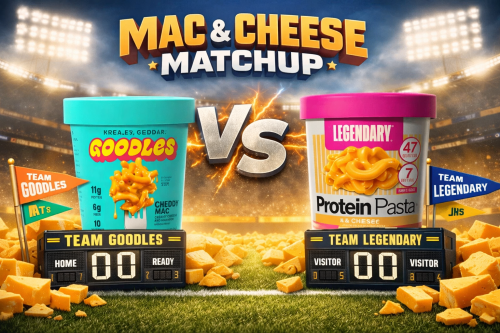Currently under Washington law, there are no potency limits on smokable products available for purchase from legal cannabis dispensaries. However, two new cannabis concentrate bills, targeting high-potency smokeables, are currently under consideration at the state’s capital. These proposals aim to increase taxes on cannabis products with THC levels higher than 35%. They would also limit the sale of these products to people under 25 years of age.
If passed, these bills could have consequences that reverberate throughout the state’s legal market and beyond…potentially influencing the future of the cannabis industry as a whole. Here’s what you need to know.
New WA Cannabis Concentrate Bills Overview
Two new House Bills, which are currently being considered by Washington lawmakers, would have significant impacts on cannabis sales, patients, and producers across the state. The creators of HB1641 and HB1642 claim that they are “attempting to address public health challenges of high-potency cannabis.” To do so, they are proposing THC potency caps, tiered tax scales for high-potency products, increased age limits for concentrate customers, and more.
House Bill 1641: Concentrate Tax Increases
The summary for HB1641 claims that Washington’s cannabis excise tax should be restructured into three categories based on a product’s overall potency:
- 37% Tax on all cannabis-infused products, usable cannabis (flower/pre-rolls), and cannabis concentrates (vapes/dabs/infused pre-rolls) with a potency that is less than 35% total THC
- 50% Tax on all cannabis products with a potency of 35%-59.99% THC
- 65% Tax on products with a potency over 60% THC
While increasing taxes this drastically, alone, would be enough to majorly impact Washington’s legal market, representatives pushing for the bill include additional provisions that target cannabis concentrates and products testing above the 35% THC threshold. These additional measures include prohibiting the sale of concentrates and vapes to people under the age of 25 (unless they are a “qualifying patient of designated provider”), requiring educational materials and “mandatory health warnings” at point-of-sale, and adopting new labeling requirements for high-THC products.
House Bill 1642: Cannabis Concentrate Restrictions
As an added effort, supporters of HB1641 seek to “regulate the sale of cannabis concentrates” even further by restricting the sale of products over 35% THC to all recreational patients (regardless of age). Ultimately, this would only allow dispensaries with special “medical cannabis endorsements” to sell cannabis concentrates with higher potencies.

What Do These Bills Really Mean For Washington’s Legal Market?
Concentrates have been under attack in Washington since 2019-2020, when the first bill to target high potency cannabis was introduced. That bill wanted to limit potency levels to 10% THC. These recent bills are another attempt for the Washington State legislature to regulate the same products. Proponents of these bills claim that raising taxes will “protect younger generations from potential health risks associated with overconsumption” of cannabis. But in reality, the idea that raising taxes will stop people from buying these products in general is asinine.
The truth is, we’ve seen campaigns like this backfire before. Attempts from the government to regulate and tax alcohol and tobacco in the past created a web of unintended consequences and black market sales. The cannabis industry will be no exception. If these proposed cannabis concentrate bills pass, people will be forced to change their purchasing patterns in order to find these highly-coveted products, at affordable prices, elsewhere. This would undoubtedly take away revenue from Washington’s legal cannabis market, hurting cannabis business owners and the community as whole.
In Conclusion
Right now, Washington’s recreational market is already a little wonky. Last year, sales declined for the first time since 2014. This is the worst possible time to change requirements for an already overtaxed and highly regulated industry. Residents in Washington already pay a higher tax on adult-use cannabis products than most other legal states. Imposing higher taxes, and lower potencies, does nothing to prevent the consumption of high-THC products. Instead, it pushes consumers to find less expensive, untaxed options, from the underground market.
If lawmakers are truly concerned with the effects of cannabis concentrates on people under 25-years-old, they should increase efforts to educate consumers on the benefits of minor cannabinoids and micro-dosing; instead of proposing anti-concentrate bills that will increase illicit sales, decrease state tax revenue, and ultimately harm the people and communities they are trying to protect.
Learn more here.








